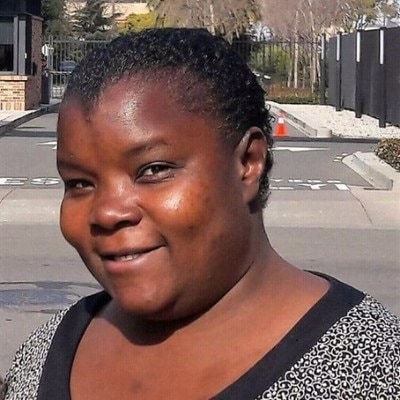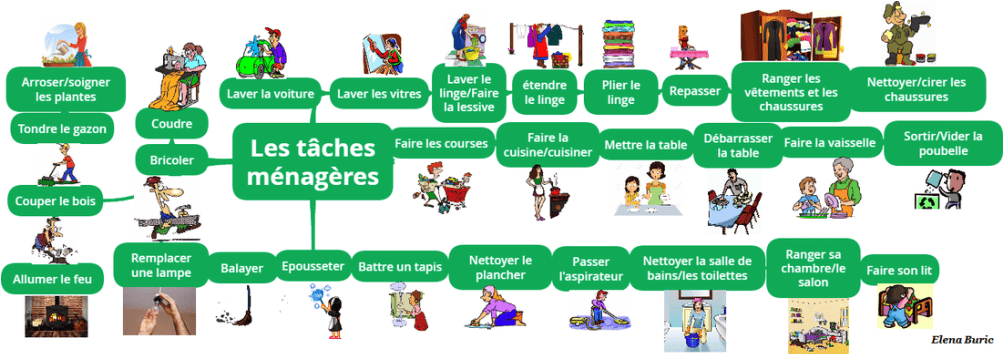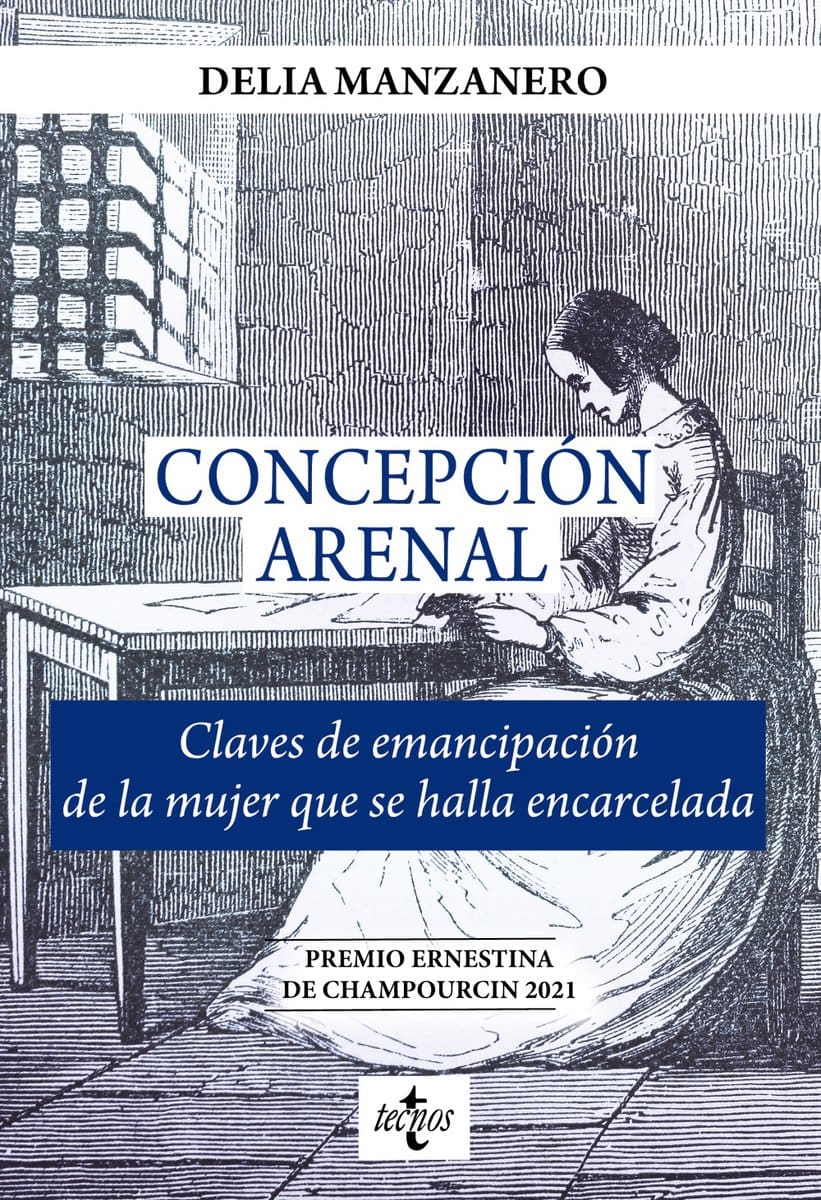
Interventions prometteuses pour les mères adolescentes
Malkia Foundation est une organisation non gouvernementale nationale dans l’ouest du Kenya rural qui donne aux filles des possibilités d’éducation, de développement économique et d’auto-emploi pour assurer la durabilité. Cela se fait par le biais d’une formation aux compétences de la vie courante, du mentorat, de la gestion de l’hygiène menstruelle et de la microfinance. Malkia Foundations encourage les adolescentes enceintes à reprendre leur scolarité, raison pour laquelle les activités génératrices de revenus qui comprennent la fabrication d’uniformes scolaires à des prix abordables pour les écoles du comté de Vihiga et la fabrication de savon sont réalisées par des mères adolescentes. Le programme de fabrication de savon a commencé avec 30 filles, mais avec l’arrivée de la COVID 19, le nombre de mères adolescentes a augmenté et la Fondation Malkia travaille actuellement avec au moins 200 mères adolescentes tous les trois mois. Les filles fabriquent du savon liquide qu’elles vendent à la communauté à des prix abordables. Les bénéfices sont utilisés pour aider les filles à retourner à l’école; au moins 90 % des filles du programme retournent à l’école.
Contexte
Phionah Musumba, la fondatrice et directrice générale de la Malkia Foundation, est une lycéenne qui a abandonné ses études et s’est marié jeune, à l’âge de 17 ans. Malkia Foundation a été conçue à partir de ses expériences personnelles, des difficultés qu’elle a rencontrées et de la possibilité qu’elle a eue de terminer ses études et de devenir économiquement indépendante. Le programme fonctionne dans le village de Gamoi, dans le comté de Vihiga, une région qui se caractérise par la pauvreté, le viol, l’inceste et le rejet des mères adolescentes par leurs partenaires, parents et tuteurs. Il n’est pas rare que les parents expulsent leurs filles enceintes de leur foyer. En l’absence d’organisations qui pourraient aider les femmes enceintes à faire face à leur situation et à reprendre leurs études, la fondation Malkia intervient pour soutenir les mères adolescentes sur le long terme.
Les normes culturelles dans cette région sont très strictes et lorsqu’une fille tombe enceinte, la communauté s’attend à ce qu’elle se marie, mais la plupart des grossesses sont dues à la pauvreté, à l’inceste et à la violence. De nombreuses filles adoptent des comportements sexuels à risque pour acheter des articles tels que des lotions corporelles et des serviettes hygiéniques. La fondation Malkia aide les jeunes filles à comprendre que leur corps est sacré et s’efforce de prévenir les grossesses à répétition en offrant des services de planning familial adaptés aux jeunes, en partenariat avec des centres de santé. Les filles de cette communauté, étant très jeunes, sont ignorantes et ne sauraient pas où aller si elles avaient besoin de services de planning familial. En outre, la communauté s’attend à ce que seules les femmes adultes recherchent des services de planning familial, ce qui laisse les filles dans l’embarras. Cela conduit à des grossesses répétées.
Programme pour les mères adolescents: la fondation Malkia offre aux mères adolescentes une formation de 7 semaines en matière d’éducation financière, après quoi de petits prêts sont mis à la disposition des filles pour leur permettre de gérer de petites entreprises artisanales.
Domaines principaux/Objectifs:
– Veiller à ce que les mères adolescentes aient une seconde chance dans la vie afin qu’elles puissent retourner à l’école.
– Aider les mères adolescentes à créer de petites entreprises qui peuvent subvenir aux besoins de leurs enfants et payer leurs études.
– Fournir des services de planning familial adaptés aux jeunes afin de prévenir les grossesses à répétition chez les mères adolescentes.
Sélection des bénéficiaires: le programme s’adresse aux mères adolescentes qui sont dans le besoin et proviennent de milieux vulnérables.
Couverture géographique: Malkia Foundation travaille principalement dans le comté de Vihiga et mène des actions de sensibilisation dans 5 autres comtés. Le bureau du programme se trouve dans la paroisse de Gimengwa.
Malkia Foundation construit actuellement le Malkia Opportunity Center for Teenage Mothers au marché de Jepses, qui abritera le projet. La fondation Malkia construit également une école d’ingénierie et de mathématiques en sciences et technologie qui ciblera les filles et renforcera leurs capacités en matière de STEM dès leur plus jeune âge (maternelle).
Réalisations: Le programme compte plusieurs exemples de réussite de filles qui ont transformé leur vie et leur famille. L’une de ces filles était une enfant à problèmes ayant des problèmes de discipline pendant l’adolescence. Elle était la meilleure élève du comté de Vihiga ; elle a rejoint une bonne école et a été expulsée de trois autres écoles en raison de mauvais choix. À sa cinquième école, elle est tombée enceinte et a donc abandonné l’école. L’intervention de la Fondation Malkia a permis son retour à l’école. Elle gère actuellement une petite entreprise artisanale et vend des frites au bord de la route. Son entreprise se porte bien, puisqu’elle paie désormais elle-même ses frais de scolarité, a conservé de bonnes notes et encadre d’autres adolescents pour qu’ils restent sur le droit chemin. Elle prévoit d’étudier la médecine après le lycée. D’autres filles dans la même situation sont retournées à l’école et s’occupent maintenant de leur famille élargie. Les filles cherchent souvent refuge chez des grands-mères âgées et d’autres parents et finissent par s’occuper de leurs proches après avoir suivi le programme pour mères adolescentes. Une autre de ces filles, totalement orpheline après la mort de ses parents des suites du VIH, a été laissée à la charge de trois frères et sœurs. Malkia Foundation a payé ses frais de scolarité lorsqu’elle est tombée enceinte. Depuis, elle s’est occupée de ses trois frères et sœurs grâce à son commerce de rue et est maintenant étudiante à l’université d’agriculture et de technologie Jomo Kenyatta.
Défis:
– Le financement est un défi et le programme est reconnaissant du soutien que les partenaires apportent.
Enseignements tirés :
– Donner de l’argent n’est pas un bon moyen de soutenir une communauté; cela paralyse l’organisation car les fonds ne sont pas toujours disponibles. « Apprendre aux gens à pêcher au lieu de donner du poisson ». Cette leçon a donné l’impulsion nécessaire pour lancer une entreprise sociale qui sera durable et ne dépendra pas du financement des donateurs.
Financement Coût estimé par fille : il en coûte 500 USD pour former une fille au commerce de rue, 500 USD pour former une fille à la fabrication d’uniformes scolaires et 500 USD à la fabrication de savon. Le coût de l’aide à une jeune fille pour démarrer une activité artisanale est de 300 USD. L’essentiel du financement provient des contributions personnelles et familiales du fondateur et d’un ou deux partenaires.
S’agrandir : le financement serait un défi ; mais comme la Malkia Foundation construit le Malkia Opportunity Center for Teenage Mothers, cela évitera à l’organisation de payer un loyer.
Les défis de la COVID-19 :
– Répondre aux attentes des filles est un défi ; les filles attendent beaucoup plus.
– Les parents craignent que les filles révèlent ce qui se passe à la maison. Le programme a traité des cas de violation de droits des filles à la maison en travaillant avec les autorités compétentes.
S’adapter à la situation de crise sanitaire : Malkia Foundation a révisé la plupart de ses programmes et travaillera désormais principalement avec des mères adolescentes. La pandémie COVID-19 a motivé leur décision de se concentrer sur les mères adolescentes, car on estime à 5000 le nombre de filles enceintes dans le comté de Vihiga depuis que la pandémie a frappé le monde. La fondation Malkia comble le vide en matière de programmation complète pour les mères adolescentes.
Parmi les aspects du programme qui ont aidé les filles à relever les défis de la COVID-19, on peut citer
– Converser avec les filles – le programme a permis de leur donner confiance en elles et de les aider à faire face à tout ce qui se passe après la naissance de leur enfant.
– Confiance mutuelle : les filles ont trouvé un foyer loin de chez elles où elles peuvent être elles-mêmes et poursuivre leurs rêves.
– Le développement des compétences entrepreneuriales apporte aux filles des avantages économiques qui les aident à répondre à leurs besoins.
En résumé : le programme s’adresse aux mères adolescentes, une population qui a connu une forte croissance pendant la pandémie COVID-19 et qui pourrait aider les filles enceintes non seulement à retourner à l’école, mais aussi à faire face au fardeau économique et social associé aux grossesses d’adolescentes dans les ménages et les communautés pauvres. Le modèle d’entrepreneuriat social proposé a le potentiel de rendre le programme plus durable et moins dépendant du financement des donateurs externes.
Phionah Musumba, directrice générale et fondatrice de l’Association. Les opinions exprimées dans ce document n’engagent que l’auteur.






Commentaires récents